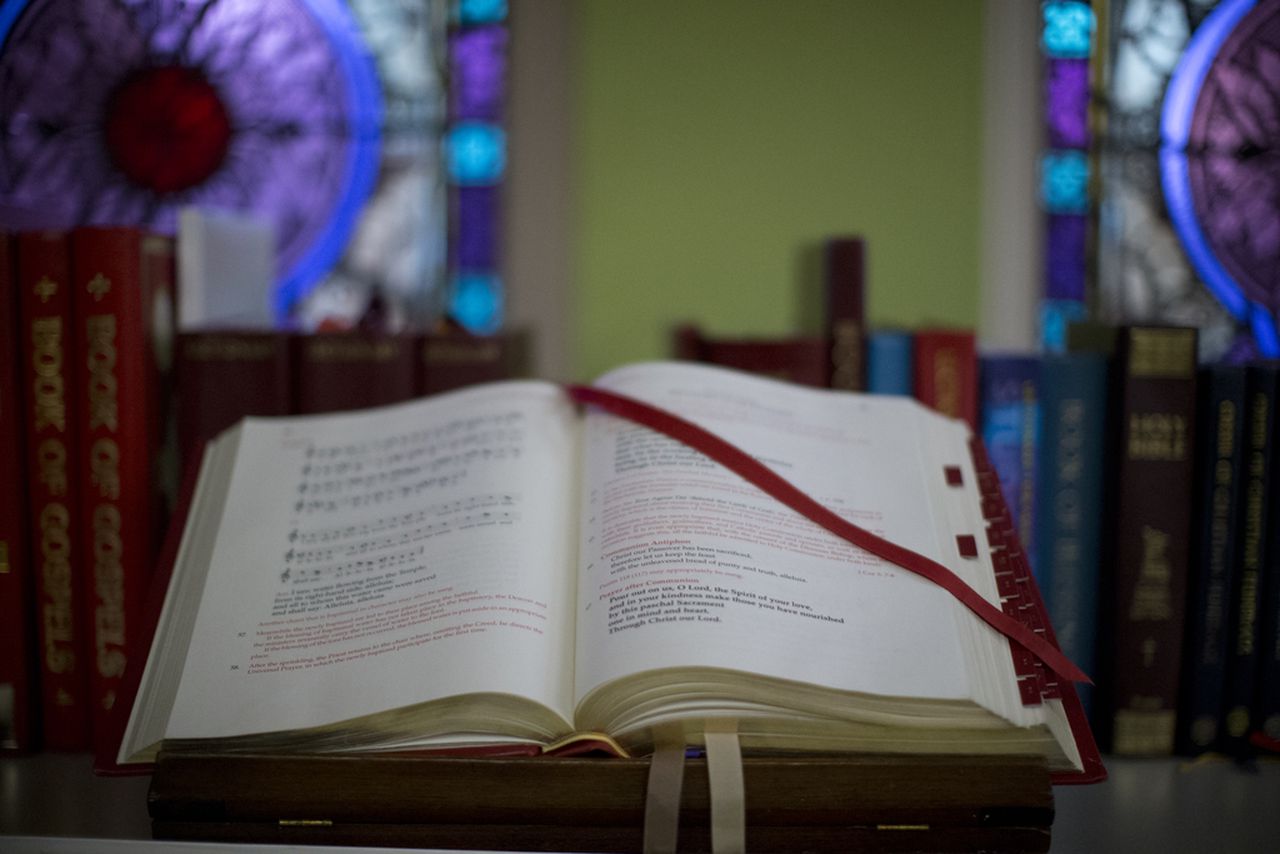How to keep from falling for ‘facts’ that aren’t really truths
Why do we believe the things we believe? I don’t mean just spiritual beliefs, which are top of mind as Christians celebrate the liturgical Easter season, but everyday “facts” that many of us believe to be true.
The words of the Declaration of Independence aside, truths are not “self evident.” Truth is a matter of consensus — and that’s not always a good thing. “Truth” can be a concept that is as malleable as the clay from which I believe God formed us, and as much a struggle to grasp as the notion of creation itself. At the same time, it’s something that all of us are convinced we know almost everything.
This “truth” business is a part of popular culture that gets plenty of exercise these days.
There are, of course, the words that sprang from the lips of actor Jack Nicholson in the 1992 movie, “A Few Good Men.”
“You can’t handle the truth,” Nicholson thundered from the witness stand. Then he proceeded to tell the court that what we believe is a fiction and that the real truth is a sinister and frightening thing that’s too scary for most of us to face. It’s a theme that repeats every time an aggressive fictional character — or the real people whose fantasies are inspired by those characters — casts all who disagree with his aggressive and self-assured ideas as weaklings who “can’t handle the truth.”
Actually, I believe the opposite is true.
The “truth” is whatever we agree it is. The branch of philosophy that studies this question is called hermeneutics. It shows us that truth is a concept grounded in our perceptions. Those who see “truth” as “cut and dried,” simple and the product of good old “clear thinking” are usually simply enamored with a notion of truth that is itself fictional.
To see this, look at how the truth changes over history.
The forebears of what we call Western civilization spent the time from the late Roman empire until the early 1800s in a system that said rulers were divine. It made popes of the Catholic Church very powerful figures and nominated God himself as the grantor of the power of kings to rule over their subjects. Our modern ideas of “separation of church and state” were absolute heresy.
That was the truth then, but not now.
A T-shirt advertisement on Facebook affirms that its wearer will say Merry Christmas, that crying does not solve problems and that there are no “safe spaces.”
Then the shirt proclaims that if it offends me, the wearer does not care.
Do I really weep at the slightest problem? Do I expect a safe space where no one will offend me by wishing me a Merry Christmas? Am I offended by what other people think?
Is that the truth?
The wearer of the shirt, much like the character portrayed by Jack Nicholson, wishes it were, but it’s not. The truth is more complicated.
The danger in this truth business is simply this: Falsehood is comfortable if you stay in the echo chamber that amplifies the lie. That’s true no matter what your politics or beliefs happen to be.
Radio entertainer Rush Limbaugh touted his program as “Excellence in Broadcasting,” and encouraged his faithful followers to exclaim “Dittos, Rush!” when they agreed with him.
They thought they were agreeing with the wisdom of what Limbaugh said. In fact, Limbaugh calculated the content of his program to reflect what they already thought. It was a clever way to gain an audience by having people agree with themselves.
Believing a simple thing is easy. Questioning is hard. Education is more difficult than indoctrination, and always tosses you right out of that comfort zone where you knew and understood that the truth was plain and simple.
The truth of anything — science, religion, politics and society in general — is neither plain nor simple. Be mindful when you confront someone who tells you otherwise, because you’re about to be manipulated through your desire for a simple truth — a truth that does not exist.
Frances Coleman is a former editorial page editor of the Mobile Press-Register. Email her at [email protected] and “like” her on Facebook at www.facebook.com/prfrances.
